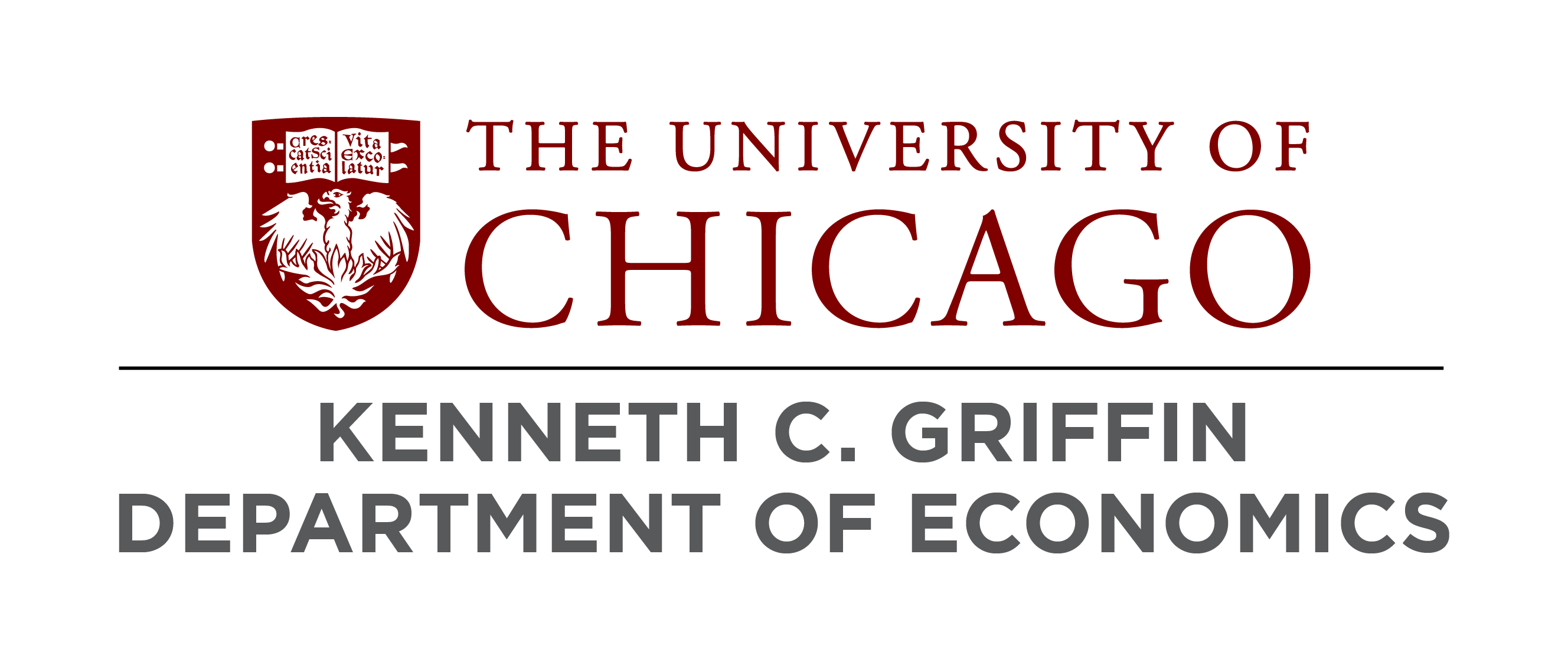Posthumously-published edited volume of Gary Becker’s work shows the economist’s evolution
The text uses Becker’s drafts and notes to paint an inspiring picture of his economic approach to human behavior.
By Sarah Steimer
Published last year by the University of Chicago Press, The Economic Approach: Unpublished Writings of Gary S. Becker brings readers closer to the ever-evolving research of the renowned late economist — and perhaps inspires them to continue working where he left off.
The text was brought to life through editing by Julio J. Elias, a professor in the Department of Economics and Business School of the University of CEMA, Argentina, and UChicago professors Casey B. Mulligan and Kevin M. Murphy. But the process was sparked when Guity Becker, Gary’s wife, gathered together a collection of her husband’s work papers from over the years. These included drafts and notes of both his published and unpublished work, from sketches of initial ideas to near-completed papers.
“When Guity Becker shared with us these unpublished manuscripts, which I had never seen, we were all fascinated,” says Julio Elias, a former student, teaching assistant, research assistant, and coauthor of Gary Becker’s. “It was like when Becker would send us his first thoughts on an idea; a problem that he thought was worth tackling with the economic approach because of the important insight that it could bring, especially when the implications would lead to ‘uncommon sense’ implications, typically considered controversial.”
The team worked to format the collection in a way that a reader could move through Becker’s work, organized by topics the late researcher spent considerable time working on. These categories included different parts of social science that, according to Mulligan, Becker believed didn't have enough of an economics lens on them yet: notably, taking an economic approach to human behavior, such as preference formation, rational indoctrination, income inequality, drugs and addiction, and the economics of family.
Elias did the bulk of organizing the papers, which sometimes included typing the papers that were not available in digital formats, and produced a draft of the book. He, Mulligan, and Murphy collaborated on writing introductions for each chapter, the chronological academic biography, and in putting together the list of dissertations that he chaired at Columbia and UChicago.
“There's a lot of continuity in how he approached the world, but you can also see his evolution over time, given it covers such a wide range of his career,” Murphy says. “It gives you a perspective about how Gary was changing over time, learning more, and trying to improve on the answers he had.”
Murphy says he expects many former students and colleagues may use the text as a way to reminisce about Becker’s impact on the field of economics, but also to get motivated to do more work along the path he forged, continuing to answer the questions he asked and maybe even finish projects he began.
“The reader will gain deeper insights into Gary Becker through these unfinished manuscripts,” Elias contends. “They hold significant value in providing a better understanding of Becker's craft of economic analysis, revealing his process: Gary Becker as a master of economic analysis. The announcement upon his receiving the [John Bates] Clark Medal emphasized how, in his skillful hands, economic analysis illuminated fundamental aspects of human behavior in society.”
The text is also a resource for those less familiar with the economist himself, but interested in the “edges” of economics. “If you go through the topics in the book, many of them wouldn't be covered in your standard macro, micro, graduate, or undergraduate textbook,” Murphy says. “The book could help people get interested in some of those areas that maybe they weren't exposed to directly.”
Last summer, Elias was visiting UChicago and working at Murphy´s office when Chad Zimmerman, the executive editor of the UChicago Press, popped in to offer Elias a copy of the text — fresh off the press.
“I spent the whole week going back and forth over the book, and I confirmed that producing the book was indeed a great thing,” Elias says. “I am entirely satisfied with the work we did to make this document available to the public.”
 THE UNIVERSITY OF CHICAGO
THE UNIVERSITY OF CHICAGO





